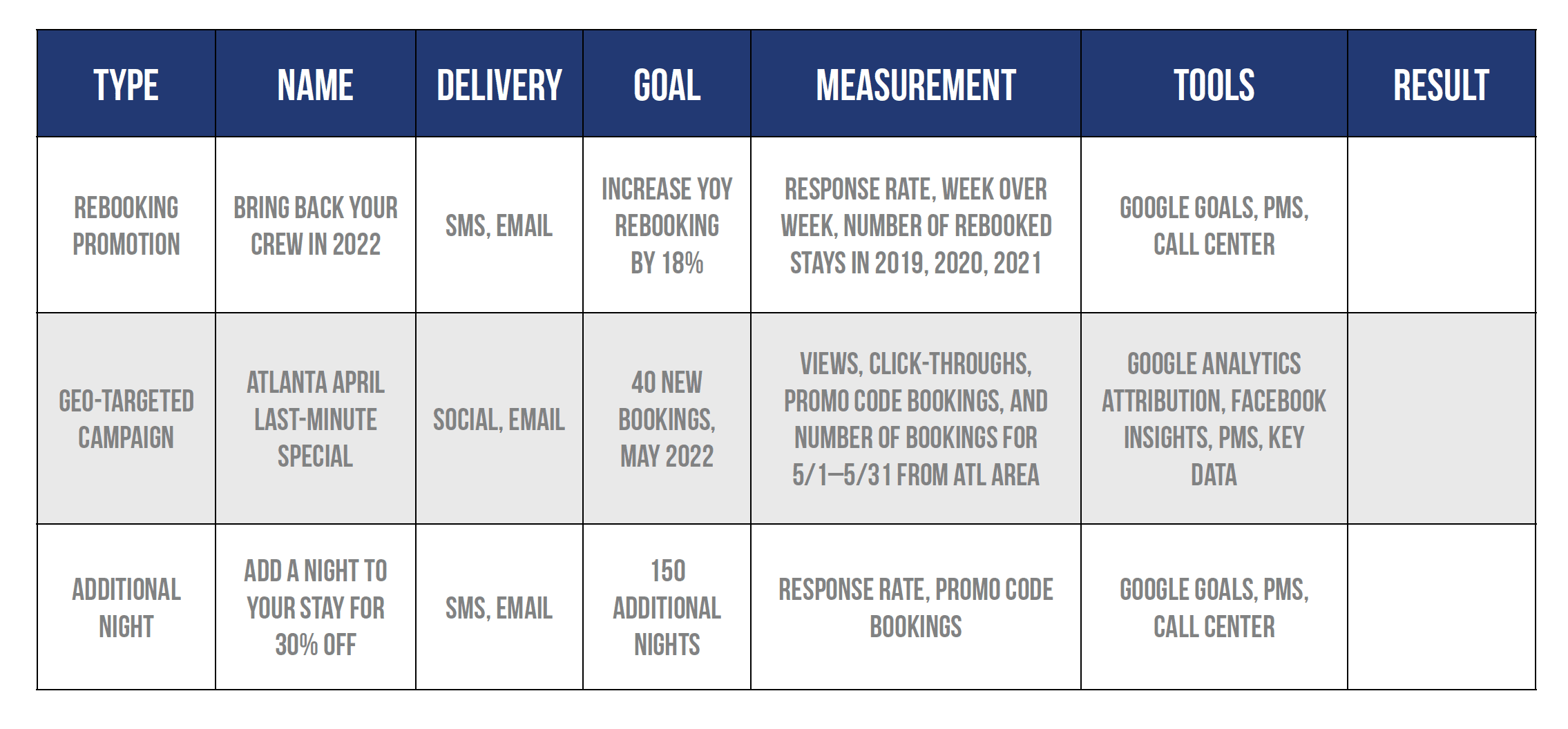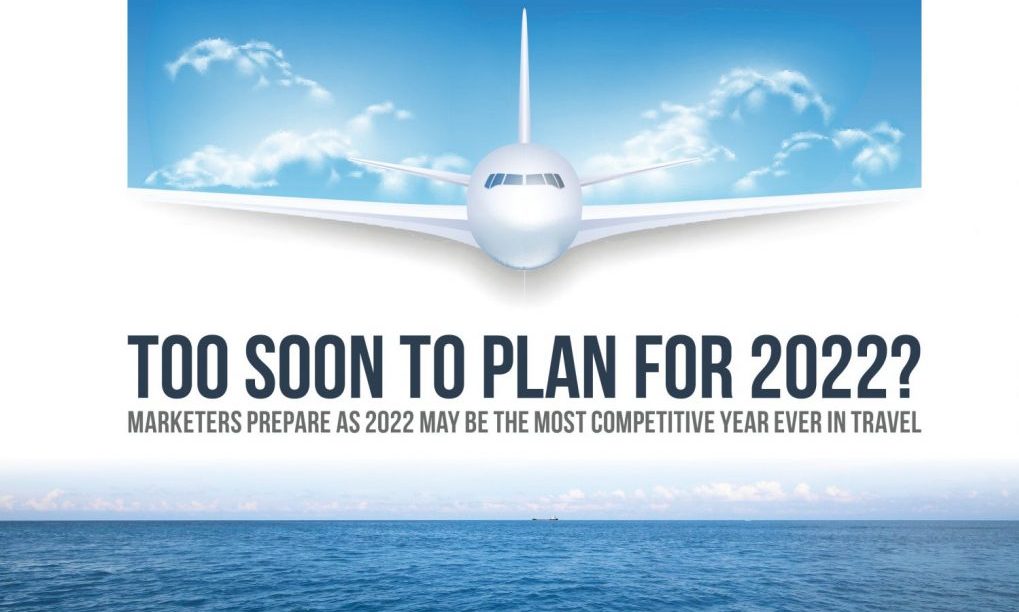In the vacation rental industry, 2020 was a story of haves and have-nots. For leisure vacation destinations with strong drive-to markets, short periods of travel restrictions, and few weather-related setbacks, 2020 ended up being one of the highest performing years on record. In contrast, for urban rental destinations, markets that had lengthy travel restrictions, and locations that experienced natural disasters, the story was starkly different.
As we look toward the future, let’s look at the good news and the bad news, starting with the good.
The Good News for Vacation Rental Travel in 2021
In 2020 and looking to 2021, consumer demand for home rentals as a lodging option is at an all-time high. The circumstances that negatively affected booking activity were largely external, including COVID-19-related travel restrictions, flight-related uncertainty, and weather-related events. Despite external factors, demand skyrocketed as travelers opted for vacation rentals over hotels in record numbers.
Although the reasons for this increased demand for home rentals are obvious, they are worth articulating.
- Vacation rentals provided a much-needed escape—a home away from home with more space to spread out and a controlled environment in which travelers can avoid crowds.
- Vacation home rentals have full kitchens which allowed families to avoid dine-in restaurants (helping them both stay safe and save money).
- Keyless locks and smart-home technology gave guests the ability to bypass busy lobbies and check-in processes and go straight to the home in a safe and secure way.
- Private homes with outdoor spaces and amenities—such as private pools, hot tubs, game rooms, and theater rooms—were exceptionally sought after because they provided socially distanced vacation retreats.
- Travelers opted for drive-to vacation rental destinations to circumvent the crowds, costs, and uncertainties of flying.
- With remote working and virtual learning, travelers found themselves able to work and study from anywhere, resulting in longer stays and more bookings during off-peak periods.
Travel experts predict that the same dynamics that increased home rental travel demand in 2020 will continue through 2021. Although vaccines are being distributed, and the broader travel industry is hopeful that travel will return to normal quickly, families will be slow to roam too far outside of their comfort zones. Throughout 2021, travelers are expected to frequent familiar destinations, opt for driving over flying, travel during off-season periods, and choose home rentals over hotels.
The Bad News for 2022
For vacation rental marketers looking ahead to 2022, the bad news is that the rest of the travel industry wants their guests back.
After almost two years of being sidelined, hotels, cruises, all-inclusive resorts, theme parks, cities, and international destinations will be aggressive about incentivizing travelers. The competitive environment in 2022 is likely to be ruthless, and the vacation rental industry’s marketers are preparing.
Let’s look at what needs to be done to get ready for the big game.
1) Protect 2021 by “owning” drive-to feeder markets
Building a brand that is known nationwide is near impossible for a local operator. However, developing a recognizable brand within core drive-to feeder markets is doable. Identify top-performing zip codes, and make sure the people who live in these areas know your company. Here are some ideas.
Content targeted to feeder markets
Geo-targeted Google Adwords (Don’t forget to write geo-targeted ad copy.)
Feeder market promotions, strategically-placed donations/contests/giveaways, and articles in local news outlets (capitalize on top-performing zip codes)
Strategic social engagement in feeder markets with specials, events, featured homes, and last-minute property availability
2) Get aggressive about rebooking for 2022
The best way to get ready for 2022 is to get as many reservations on the books as possible before the year even starts.
In 2021, rebooking is vital. Strategize incentives and messaging—like locking in rates or creating reward programs—and create a foolproof plan to ensure guests who booked on third-party sites book directly with you in the future. Set a goal to increase rebooking by X percent, and track progress weekly.
3) Take a deep-data dive into individual homes in your inventory
One of the advantages that you, as a local company, have over a national company is that you know your homes. Take the time to look at the marketability and competitive advantage of each home. Who is staying in each home? Rank the homes in your inventory by the number of nights booked, and look at who is staying in each home by guest zip code, party size, booking window, and length of stay. Are there patterns? Note: Key Data Dashboard makes this really easy.
Create guest personas for each home by season, and as you look at one home, identify “like” homes that are similar and group them. Using these groupings, work with your website developer and reservations team to suggest similar homes to shoppers. Further, use groupings to create persona-targeted blog posts, social posts, and email campaigns (e.g., Top 10 Homes for Family Reunions, 10 Beachfront Homes for Multigenerational Family Vacations, Best Cabins for Fall Leaf Peeping, Best Condo Pools for Kids, or Homes Located Minutes from 15 Nature Trails).
4) Don’t look back: Start collecting guest data today
It can be daunting to look back at old data, so put the past in the rearview mirror, and start thinking about 2022. What data would you like to collect about shoppers and guests in 2021 that would help you in 2022? Software systems have come a long way with CRM functionality, and third-party CRM tools have become more affordable.
Related: The Power of Lead Management and CRM for Vacation Rental Managers by Carlos Corzo
In addition, start collecting guest data on all the guests at a stay and not just from the person who made the reservation. Use Wi- Fi landing pages in properties to get names, emails, and zip codes from all guests (Silicon Travel and StayFi can help); collect names and emails for pool or gym passes; or find a creative reason to email or text all guests at the home.
Related: Customer Relationship Management and the Vacation Rental Industry
5) Put each home’s best face forward
As marketing get excessively competitive in 2022, time and resources will be limited. Use 2021 to optimize each home’s web presence:
Incentivize owners to upgrade home décor
Take new staged photos
Spotlight outdoor spaces
Add floor plans
Write new descriptions
Make sure amenities are labeled properly and uniformly
Spotlight high-speed internet where you have it
Map properties correctly
6) Get your house in order
Use 2021 to perfect your sales channels, including your website and call center, and put people in the right seats on your team bus.
Website: Gather focus groups to test your website. Streamline the booking process, make mobile functionality seamless, ensure amenities are labeled correctly and filterable, and get rid of any dead links or errors on the site. Designate the best property photo as the lead photo and the one that is displayed in search results. In addition, make sure that “no results found” is never the message shoppers see when searching.
Call center: Look at sales and marketing as a team. Equip reservation agents with as much information about homes and the destination as possible, and give them CRM tools to collect the data you need to help with marketing. Let the marketing department weigh in on call scripts, and discuss ways that the reservations team can help marketing—and ways that marketers can help the reservations team.
Team: We learned a lot about one another and about our strengths and weaknesses in 2020, so this is a great time to list marketing tasks and reevaluate who on your team is best suited to each one, including data and analytics, writing, graphic design, social engagement, SEO/SEM, and distribution management. Schedule regular meetings between revenue managers and marketing because marketing coordination is fundamental to revenue management success.
7) Optimize distribution channels
If you are reliant on third-party sites (e.g., Vrbo, Airbnb, and Booking.com), this is the year to take a deep dive into how to optimize these channels. Make sure you understand the algorithms that dictate sort order. Review how your homes are displayed on each channel, and double-check that the best photo is displayed first and that your amenities are properly assigned and filterable. Use “bread crumbs” to lead shoppers to find and book with you directly. If you have special offers, learn how to change titles and promote specials in your listings.
Google Vacation Rentals: If you are using third-party channels, you will likely grow your presence in Google Vacation Rentals. Longevity matters, so getting on top of this sooner than later will be advantageous. There are currently many challenges with this channel, so look for VRM Intel’s Marketing Lab as we are working on an online seminar to bring you the latest information from Google.
8) Measure and track marketing performance
 Everything you do—every campaign, channel, web page, promotion, and social post—should have a defined goal, performance tracking plan, and evaluation. This will allow you to quickly identify which efforts are working and which ones need improvement or reworking. Top measurement tools include Google Analytics Goals and Attribution, Key Data, AirDNA, call center tracking, and your software system (see example table below).
Everything you do—every campaign, channel, web page, promotion, and social post—should have a defined goal, performance tracking plan, and evaluation. This will allow you to quickly identify which efforts are working and which ones need improvement or reworking. Top measurement tools include Google Analytics Goals and Attribution, Key Data, AirDNA, call center tracking, and your software system (see example table below).
Assign tracking to the team member who best understands the “why” behind the data, and schedule weekly meetings to evaluate performance, brainstorm about improvements and new campaigns, and celebrate successes.
9) Think outside the box
Marketers have been drinking through a firehose for several years. However, in 2021, it’s time to move from being reactive to being proactive. Once you know each home’s competitive advantage, are collecting the data needed, have cleaned up your site, and have an evaluation system in place—you can go back to doing what you do best: thinking outside the box and implementing creative marketing strategies.
Look to other industries and other sectors of travel for inspiration. When geo-targeting, think about campaigns that appeal to that specific audience. And have fun with it! You sell vacations. You sell periods of time that have true meaning and purpose and that people remember for the rest of their lives.
In 2020, families sought to escape, and they found respite in vacation homes. But they also found rejuvenation from the beaches, lakes, mountains, and countryside that you gave them. They found new adventures, natural beauty, and memories they will treasure. For marketers, I’m not sure there are many things more meaningful to promote.
Yes, 2022 will be fantastically competitive, but if we prepare today, we’ll be ready.



